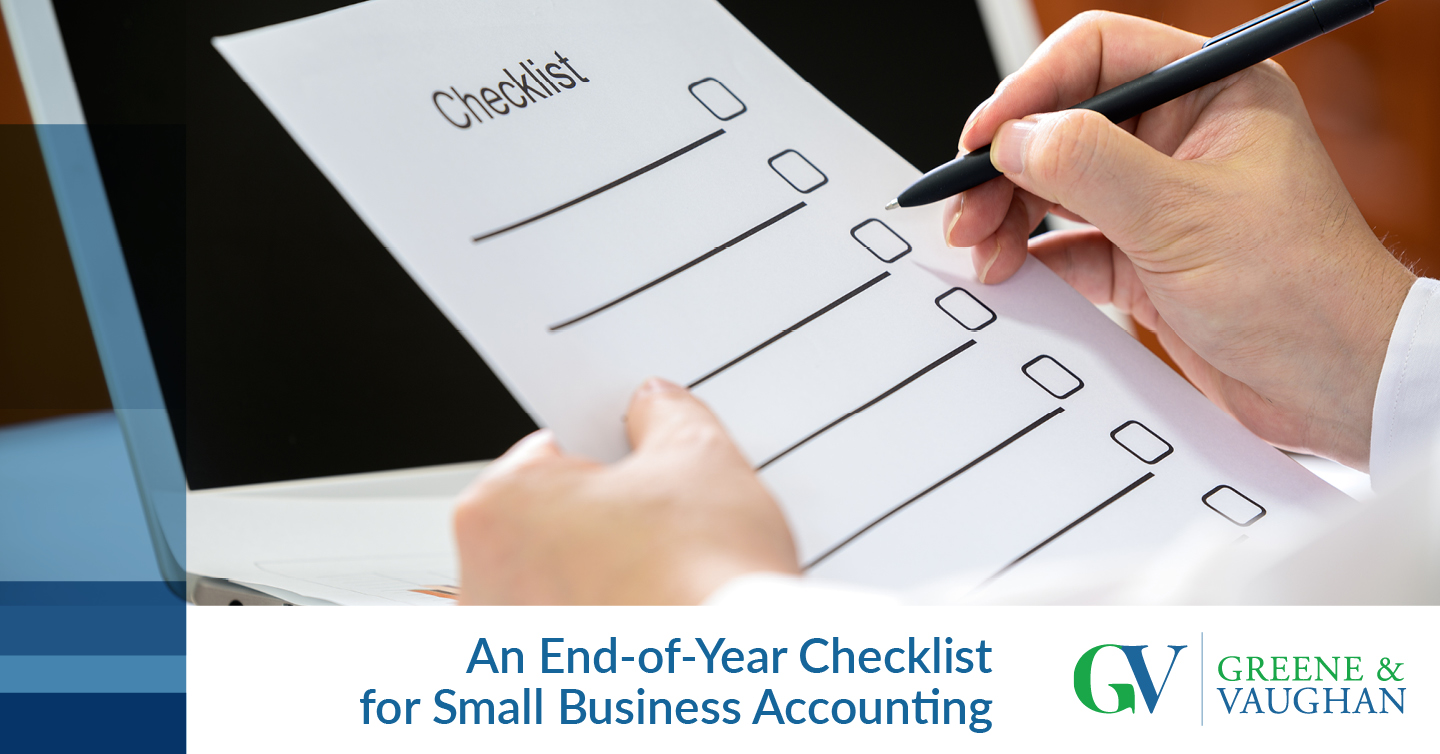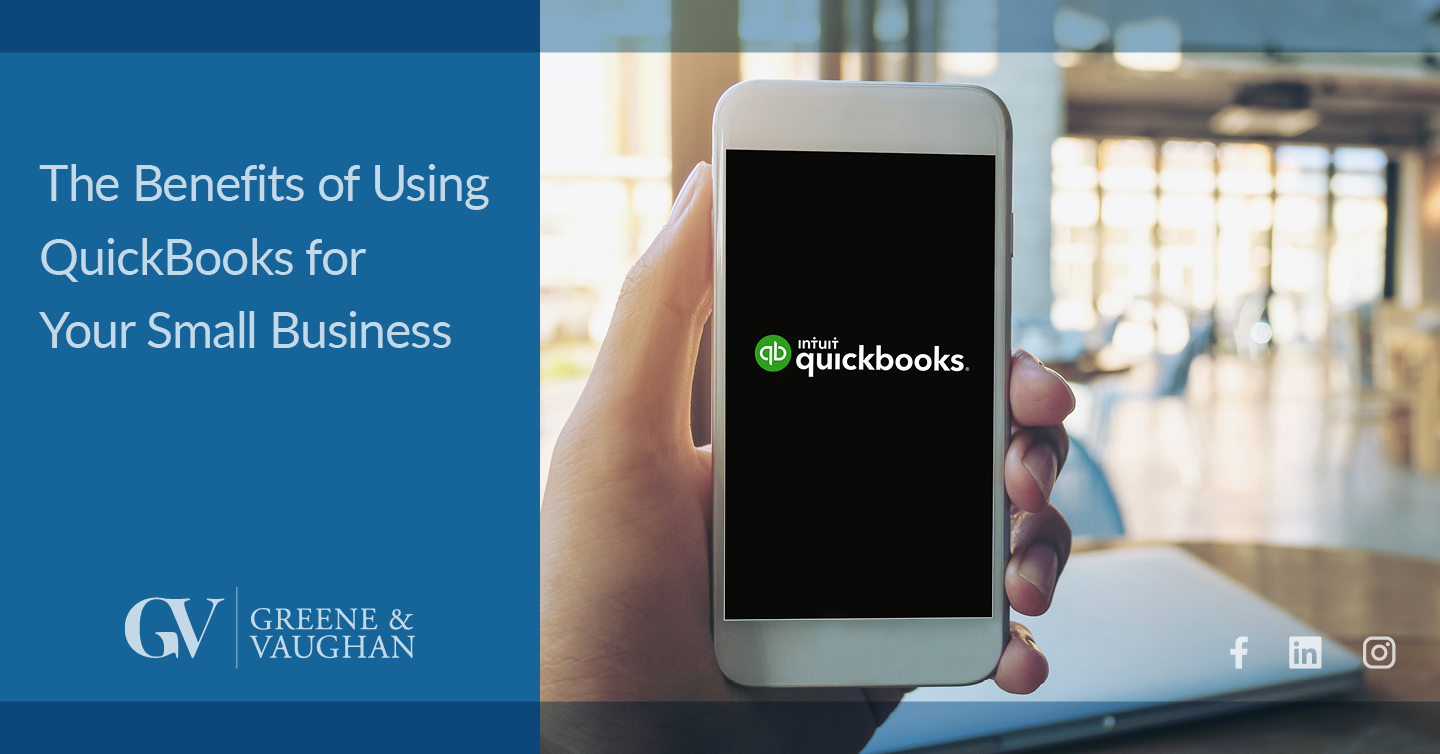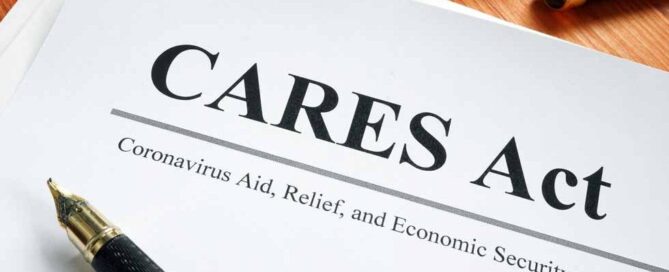9 FAQs About Estate Planning
Preparing your loved ones for a life without you can be scary, stressful, and overwhelming. However, it’s also one of the kindest gifts you can give them. If you want to solidify your legacy—and protect those you care about—read these FAQs about estate planning.
Q. At what age should I start estate planning?
A. You’re never too young or too old to plan your estate. In fact, don’t think of this as an age-related task. If you have assets, dependents, and pets you want to protect, then you should start estate planning.
Q. What are some of the assets I can allocate?
A. You can allocate assets like:
- Material goods, such as furniture, jewelry, or sentimental items;
- Money and bank accounts;
- Stocks; and
- Properties, such as homes or land.
Q. Does estate planning just cover material goods, money, and properties?
A. No, it doesn’t—which is why it’s so important. As you plan your estate, you can specify who you want to take care of your children or adopt your pets after your passing.
Q. What dangers do I risk if I skip estate planning?
A. Forgoing estate planning can come with unwanted surprises. They include:
- Stress in your loved ones’ lives;
- A deluge of taxes on your assets;
- Your assets being inaccessible due to the probate process;
- Confusion and possible legal battles; and
- Difficulty deciding who may look after your dependents.
Q. What is the probate process like?
A. One of the most common FAQs about estate planning involves the probate process. Essentially, that’s when the courts determine your assets and figure out how to disperse them properly.
They may also deal with disagreements about who will receive what. A will can make the process more straightforward, but it can still last anywhere from nine to 12 months—or longer.
Q. Is there a standard outcome that will occur if I don’t plan my estate?
A. No—which is why it’s so critical to plan your estate. Otherwise, your assets will be subject to interstate laws, which vary from state to state. That uncertainty can make a sad time even worse for your loved ones—so please consider taking the time to outline your plan.
Q. Should I get an estate planning lawyer?
A. It is a good idea. From requirements, to witnesses, to covering areas you may not have thought about, an estate planning lawyer can help.
Q. Do I need a witness for my will?
A. Yes, you will need not one but two—or more—witnesses to sign your will.
Q. How can my C.P.A. assist with estate planning?
A. Your C.P.A. knows all about taxes. Their assistance can be invaluable! After all, the amount you allocate to your loved ones may seem like a lot—unless you count in what the government will claim. Let your C.P.A. answer all your questions and give you the info you need!
Summary
The way you protect your loved ones can leave a long-lasting legacy of love. Put the most important people in your life first by establishing a will. That way, they can focus on honoring your memory.
If you have more queries beyond these FAQs about estate planning, message us here. Plus, for more on financial planning, check out our blog.











